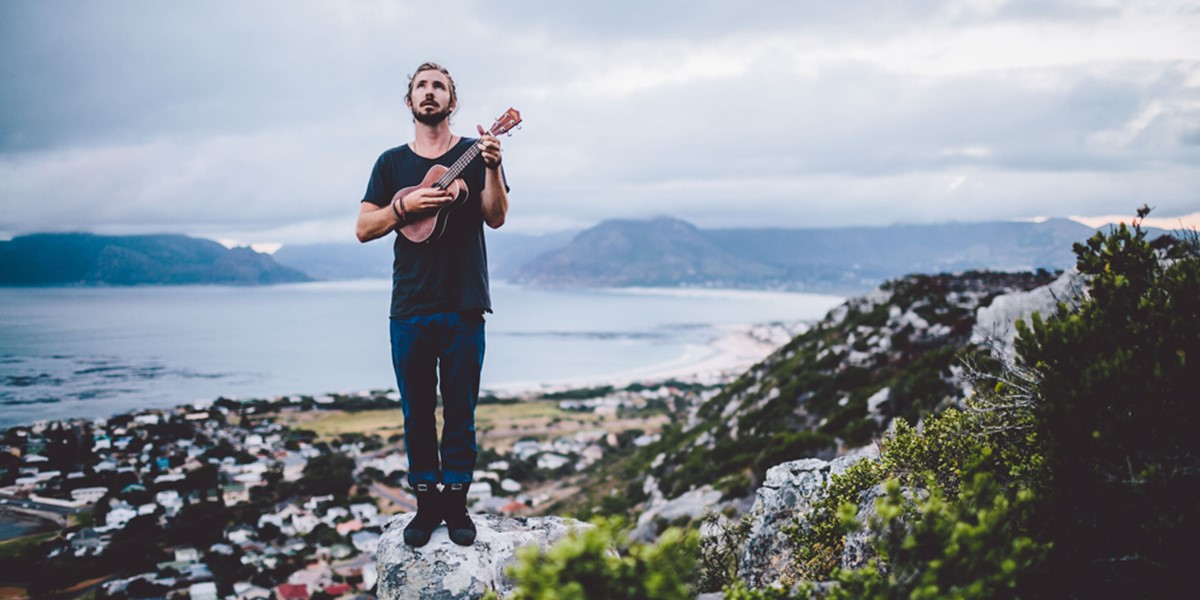Monday, January 3, 2022
Jeremy Loops | My World
The South African superstar talks about the revolutionary music that inspired him and ‘This Town’, his joyous collaboration with Ladysmith Black Mambazo

Jeremy Loops (©Ben Brown)

Register now to continue reading

Thanks for visiting the Songlines website, your guide to an extraordinary world of music and culture. Sign up for a free account now to enjoy:
- Free access to 2 subscriber-only articles and album reviews every month
- Unlimited access to our news and awards pages
- Our regular email newsletters

